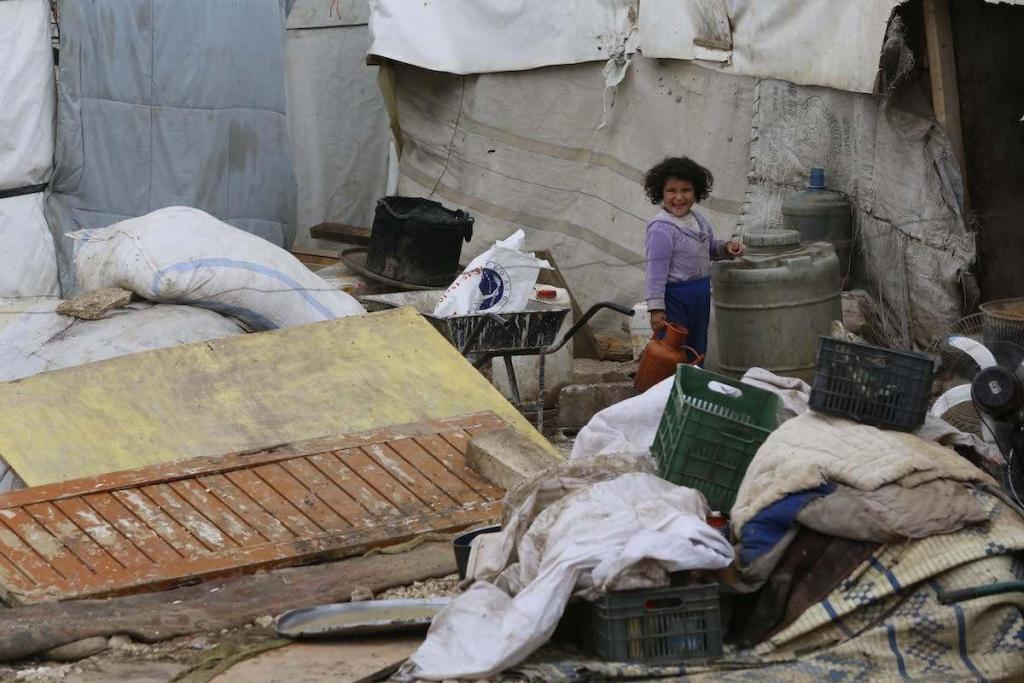At least 50 Syrian refugees, including children, have been evicted from an informal settlement along Lebanon‘s Litani River as part of an anti-pollution drive, bringing the total number of refugees forced out of the area this year to 1,500. (Al Jazeera 28/4/2019)
Comment:
After fleeing the war in Syria and ending up with nowhere one could claim to call, ‘home’ a group of refugees has been pushed out of the land they found themselves on.
The issue of pollution and contamination of the river, cited as a reason for their eviction, is due to the lack of infrastructure in camps and this is due to the way refugees are viewed. Refugees are only thought of as ‘temporary’ and lack the same rights as others. The circumstances from which these people came from are soon forgotten and in a resource stretched Lebanon they are seen only as another burden for people who already face hardships due to the states failed economic and social policies.
The problem is not simply pollution and burden on the resources, the problem is how we view others. The news report made mention that, Lebanese authorities have “been restricting movements of Syrian refugees, closing shops run by them and much more. All of this needs to be seen in the big picture of creating a hostile environment for Syrian refugees to push them out, even if conditions for their return are not yet favorable.”
For a state that initially welcomes refugees feeling any sense of humanity, or if the state is one that is faced with an influx of refugees it does not even want, the treatment that the refugees face is linked to how we view others.
Today, a refugee is labeled as an outsider and eventually one that is a burden due to Muslim and non-Muslim lands being dominated by Western Secular Capitalist thought. The idea of individualism dominates our thinking and so we will see problems that affect us from this viewpoint. Refugees can be used as scapegoats when the source of society’s problems is not actually them.
Islam, on the other hand creates a clear sense of brotherhood between Muslims and the basis of unity transcends borders and boundaries, despite the fact the Muslims of Syria and Lebanon are brothers, the border (that could have easily not have been there!) has created such a divide that after some time it is possible to only see the brother as a foreigner, a strain on resources and a source of pollution!
Unless the State nurtures that sense of brotherhood, because it is an entity which is based on Islam as an ideology, that solves all problems from this viewpoint, we will find that the open arms of Muslims towards others turn into arms that push them away, even knowing that they will be pushed further into uncertainty and harm but not caring as long as the problem is just tossed aside and dealt with by anyone else.
So long as our displaced Muslim brothers and sisters flee to secular states, they will face all problems that the secular ideology creates and until the return of a Khilafah (Caliphate) State on the methodology of the Prophethood is established, long-term security for our Ummah simply cannot exists.
Nazia Rehman

